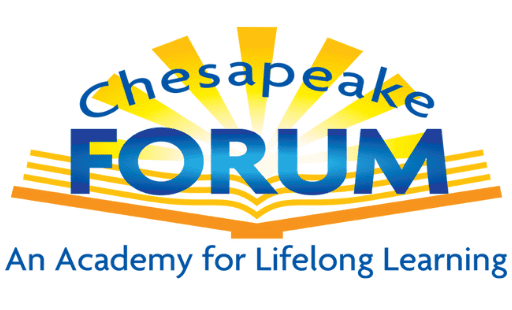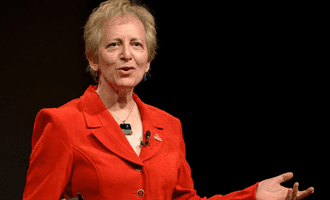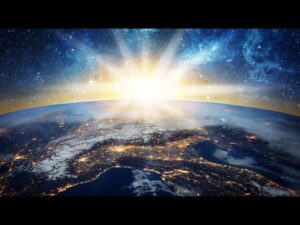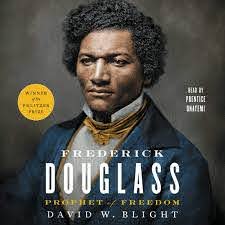Join Mars Mission scientist, Pamela ‘Pan’ Conrad in a talk about how exploration is a fundamental property of all living things.
As an astrobiologist and planetary scientist Conrad specializes in understanding how planets do or do not evolve into habitable environments, and she is presently involved in the exploration of Mars with the Perseverance Rover and its companion, the Ingenuity helicopter.
“Humans are on the verge of becoming interplanetary creatures, and how it happens is a choice we can make before the course becomes firmly charted. The path we choose could determine the fate of life in the universe, and alternatively the universe sets its own constraints on the journey.”
Conrad is a research scientist at The Earth and Planets Laboratory of the Carnegie Institution of Science in Washington, DC, but her primary job is as an Episcopal priest and pastor.
As both an Episcopal priest and a scientist, one of her priorities is to help people feel confident to engage both their critical thinking and their faith in all aspects of life, using what we can learn from observing nature as an approach to understanding the systems nature of all that is.
Dr. Conrad’s wide-ranging conversation ties together geographic exploration on Earth, space exploration and tourism, empire and colonialism, science fiction, and moral discernment as she focuses on the why and how of exploration in the 21st century.
This lecture is in memory of John F. Ford, Founding President of Chesapeake Forum.
Course Links:





